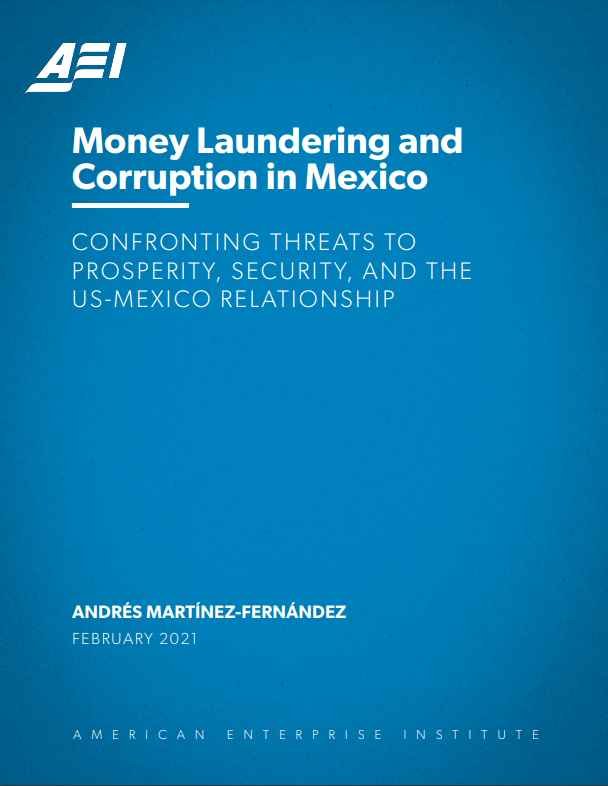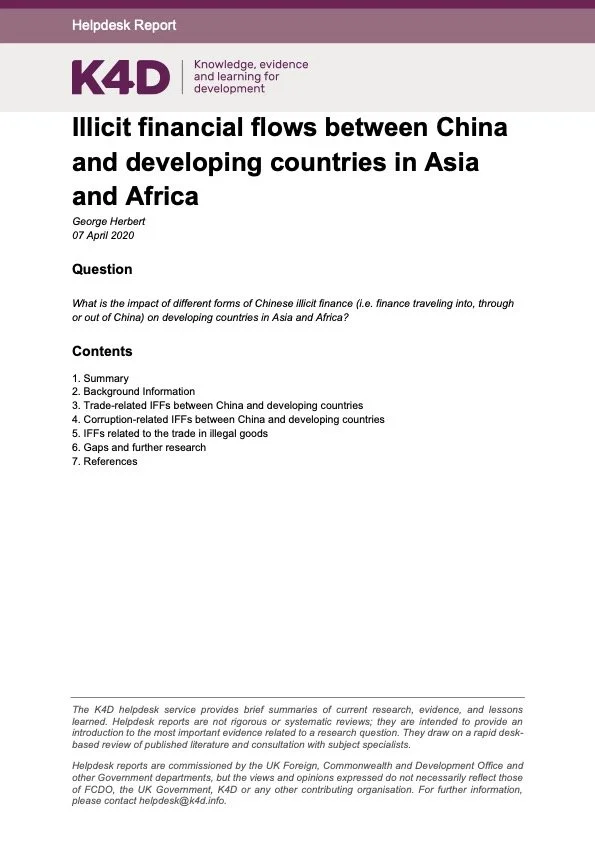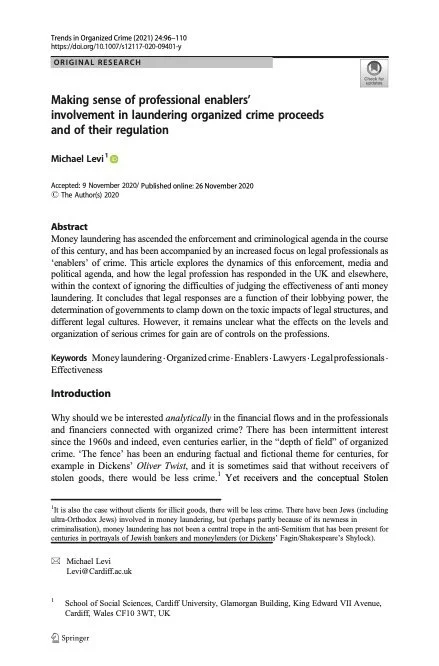By Mercedes De Freitas , et al.
Organised crime and corruption in Venezuela have become a state problem that not only keeps Venezuelans in constant danger, but their effects are already impacting a number of Latin American countries, while the United States and several European nations have witnessed how illegal operations of power groups have infiltrated their financial and real estate systems with dirty money stolen from Venezuela’s coffers. A simple explanation for the complex humanitarian emergency facing Venezuela is that the country was subjected for several years to misguided public policies and decisions by authorities, which in most cases right out aimed to steal large amounts of money from the nation’s Treasury. It was a Grand Corruption scheme,1 with systematic measures that impinged on the entire population. This context was a breeding ground for organised crime, which became stronger with substantial firepower and economic resources, to the point of collaborating—in many cases—with agencies at all levels of authority, including senior officials in the administration. In view of this situation, at the end of this investigation we propose a set of initiatives to combat this evil, which will require forceful and unprecedented actions in Venezuela, such as resorting to the support of international organisations in the search for solutions that have been effective in other countries of the hemisphere, to punish the culprits. This work encompassed a nationwide vision—as opposed to the 2019 Organised Crime and Corruption study2 focused on border issues—which shows the map of criminal organisations, the types of crimes, the regional situation in various states, the role of the Bolivarian National Armed Forces (FANB), as well as an analysis of the situation of women regarding organised crime and corruption. The most important findings of this new study can be summarised as follows: 1. The existence of at least 9 major organised crime rings in Venezuela, involving more than 13,000 criminal organisations, some of which have ties to policy makers and public officials. 2. Crimes and acts of corruption boast total impunity. 3. The lack of robust public institutions, the dismantling of some of them, as well as the existence of incentives derived from some public policies such as price controls and fuel subsidies, are a breeding ground for misdeeds, crimes, human rights violations and the theft of public funds. 4. Venezuelan migrants are victims of illegal groups. 5. The implementation of a model called garrison state, “banana republic” style, whose main characteristics include institutionalised violence, colonisation of public administration and the incorporation of members of the Armed Forces into the economic leadership of the country. 6. The differentiating aspect of organised crime and corruption among Venezuelan women In this investigation, the effort was focused on determining the institutional, social and economic aspects of criminal activity in Venezuela and is developed in 6 chapters: 1. Anatomy of crime: the 9 major crime rings controlling Venezuela 2. Corruption and crime in the regions: lawless states. 3. Military power, crime and corruption. 4. Differential impact of corruption and organised crime on women in Venezuela. 5. Crime, security agencies and human rights. 6. A proposal to desmantled organized crime in Venezuela. The general objective has been to gather and organize relevant information, with the purpose of providing sufficient data and empirical analysis for political leadership, with power to lead the country, can design the strategies and public policies that will defeat and overcome corrupt practices, incentives to corruption and the action of organized crime that, to the detriment of governance and institutional integrity, have had devastating consequences for the lives of Venezuelans with violations to the human rights, destruction of the productive apparatus, of the public services, opportunities to overcome poverty, and that have generated a process of unprecedented degradation that led to the complex humanitarian emergency that they are suffering and still waiting for solutions. The statements, opinions, and ratings present in all chapters correspond experts, witnesses, victims and affected persons, some of whom have chosen not to disclose their identity
Caracas: Transparency Venezuela, 2020.....135p.























